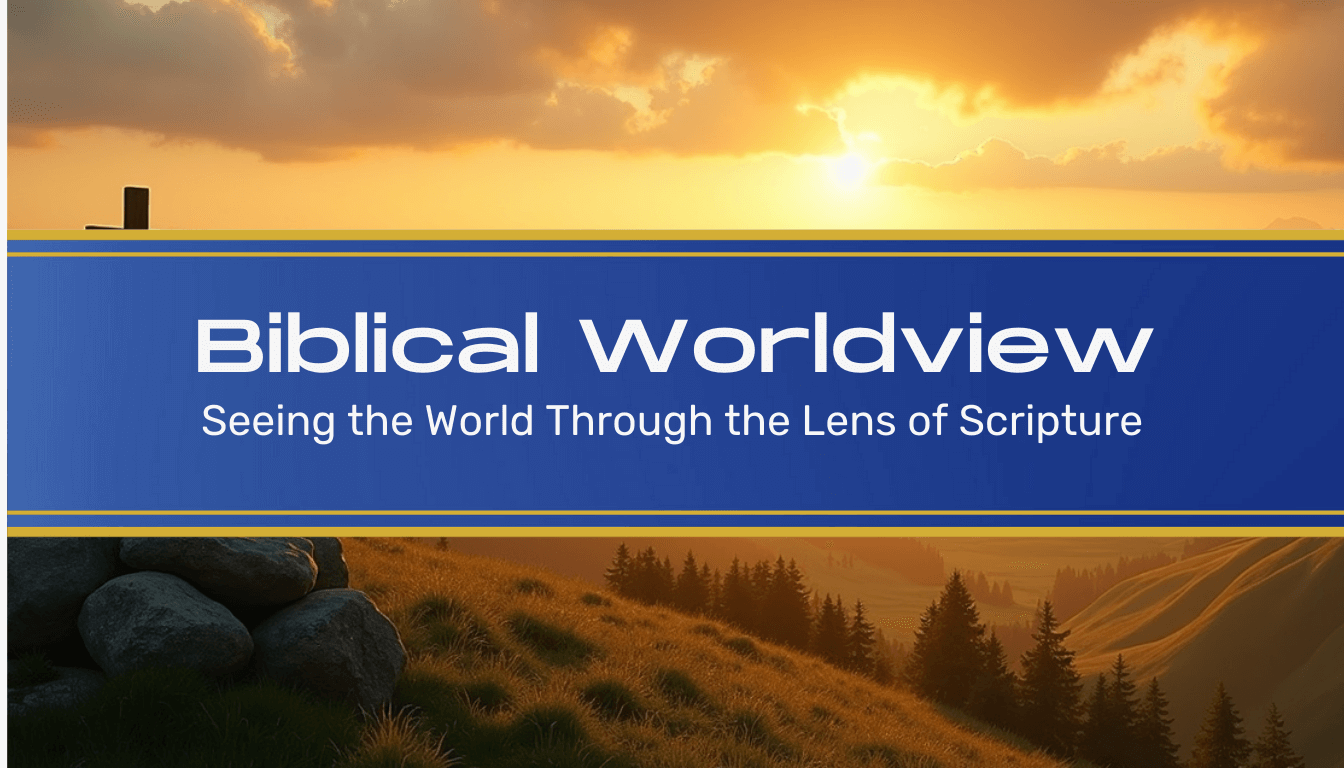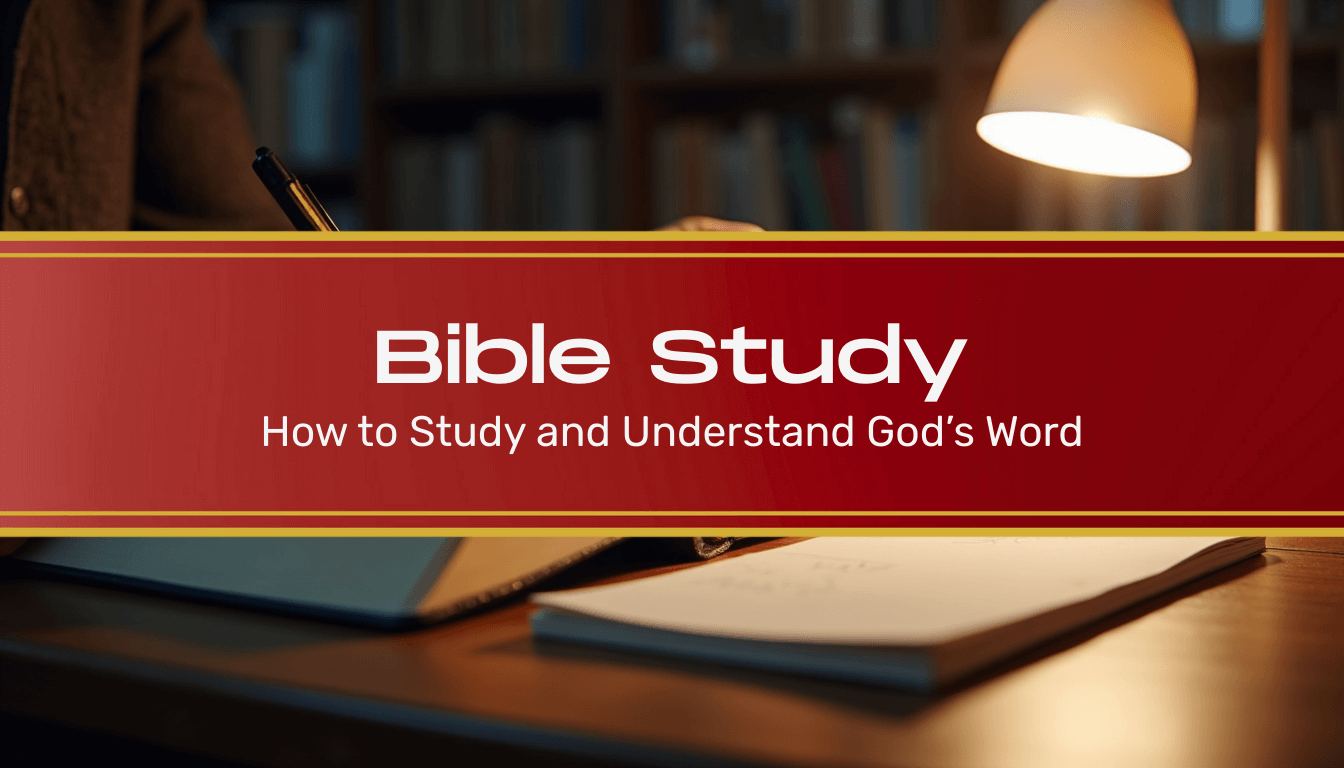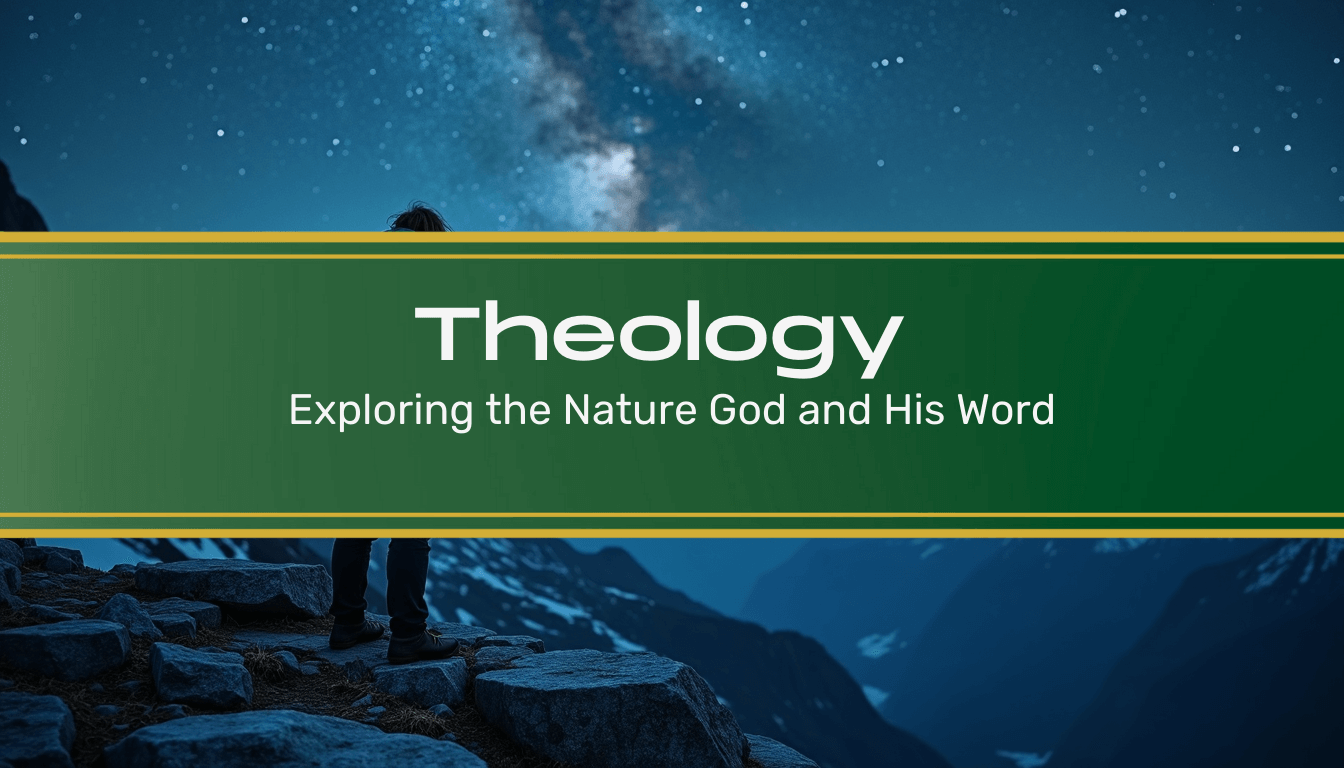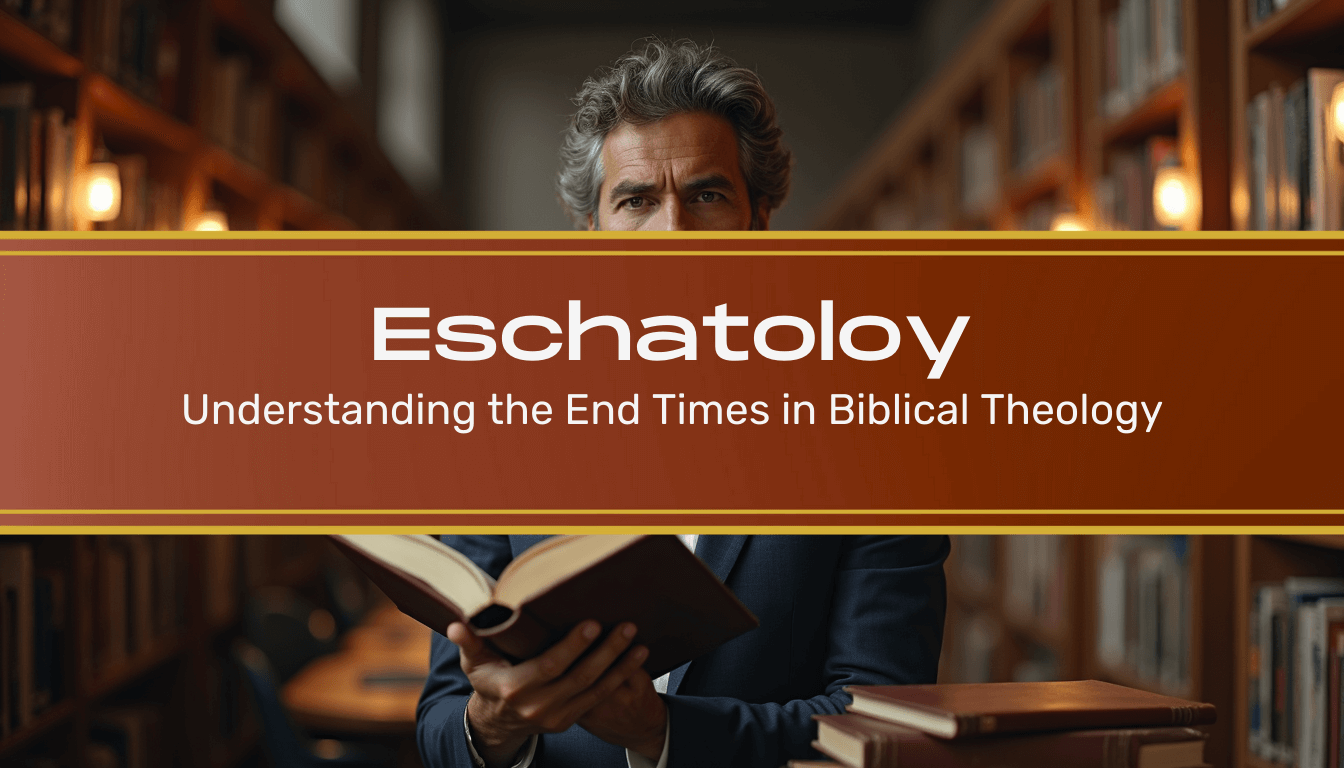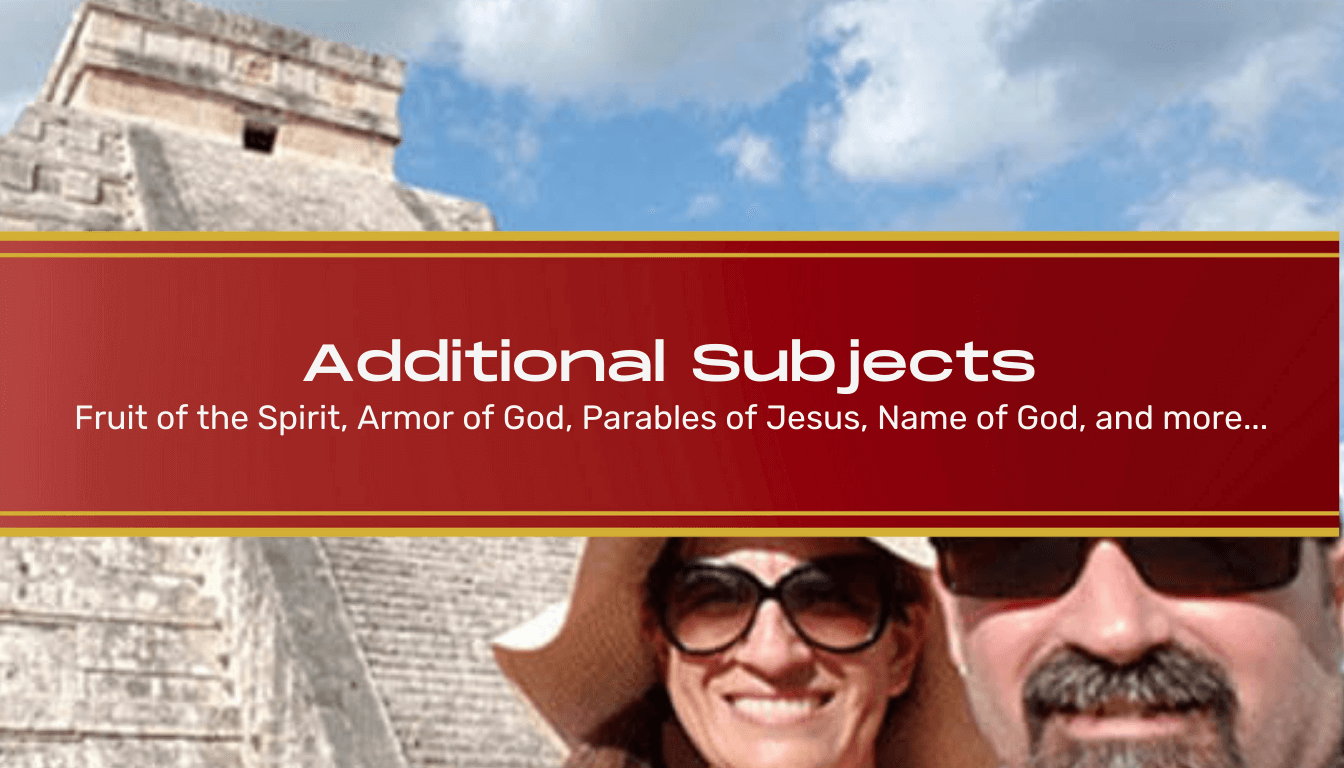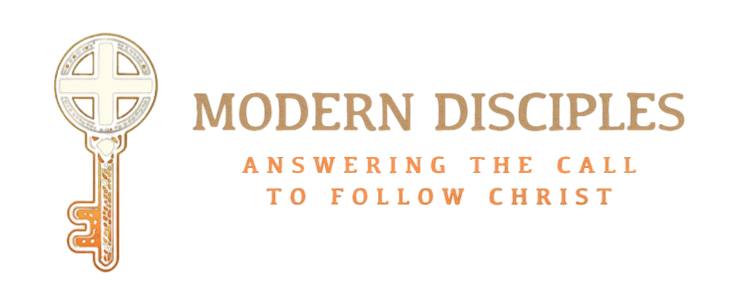
The Trinity Explained
Understanding God in Three Persons
Here's what trips up most Christians: they try to understand God like He's a math problem to be solved instead of a mystery to be embraced. The Trinity isn't confusing because it's poorly explained—it's confusing because finite minds are trying to grasp infinite reality. Micro-promise: The Trinity isn't about making God fit into human logic—it's about understanding what Scripture actually reveals about God's nature.
I used to think the Trinity was theological mumbo-jumbo invented by church councils to make Christianity unnecessarily complicated. Then I actually studied what the Bible says about God, and I realized something shocking: the Trinity isn't imposed on Scripture—it emerges from Scripture.
The Trinity is the answer to a biblical puzzle: How can the Bible declare that God is one while simultaneously presenting the Father, Son, and Holy Spirit as distinct persons who are each called God? The Trinity doesn't solve this tension by explaining it away—it embraces it as divine truth.
This isn't about understanding God completely. It's about understanding God accurately. The Trinity protects us from reducing God to something smaller than He actually is.
Sharp Edge: If you think the Trinity is too complicated to matter, you're missing the point. The Trinity isn't a theological riddle—it's the foundation of everything you believe about God, salvation, and your relationship with Him.
What the Trinity Actually Teaches
The Trinity makes three essential claims about God that Scripture supports throughout:
One God, Not Three
Christianity is monotheistic. We worship one God, not a committee of divine beings. Deuteronomy 6:4 declares, "Hear, O Israel: The Lord our God, the Lord is one." This isn't negotiable.
The Trinity doesn't teach three gods working together. It teaches one God existing in three persons. Think of it like this: God's essence is one, but His personal existence is threefold.
Three Persons, Not One
The Father, Son, and Holy Spirit are distinct persons, not different masks worn by the same individual. They relate to each other, speak to each other, and love each other.
At Jesus' baptism, all three persons appear simultaneously: the Son is baptized, the Father speaks from heaven, and the Spirit descends like a dove (Matthew 3:16-17). This isn't one person playing three roles—it's three persons in relationship.
Each Person is Fully God
This is where it gets mind-bending. The Father is fully God. The Son is fully God. The Holy Spirit is fully God. Not one-third God each, but fully God each.
The Father is called God: 1 Corinthians 8:6
The Son is called God: John 1:1, John 20:28, Titus 2:13
The Holy Spirit is called God: Acts 5:3-4
Each person possesses all divine attributes: omnipotence, omniscience, omnipresence, eternality, immutability.
Biblical Evidence for the Trinity
Old Testament Hints
The Old Testament doesn't explicitly teach the Trinity, but it contains hints that God's nature is more complex than simple monotheism suggests.
Plural Language: Genesis 1:26 says, "Let us make mankind in our image." The Hebrew word for God (Elohim) is plural, though it takes singular verbs.
The Angel of the Lord: This mysterious figure appears throughout the Old Testament, speaking as God and receiving worship, yet is distinct from God (Genesis 16:7-13, Exodus 3:2-6).
Wisdom Personified: Proverbs 8 presents wisdom as a person who was with God during creation, hinting at the pre-existence of Christ.
New Testament Clarity
The New Testament makes the Trinity explicit through the revelation of Jesus Christ and the coming of the Holy Spirit.
Jesus' Claims: Jesus claimed equality with the Father (John 10:30), accepted worship (Matthew 14:33), and claimed divine prerogatives like forgiving sins (Mark 2:5-7).
The Great Commission: Matthew 28:19 commands baptism "in the name of the Father and of the Son and of the Holy Spirit"—one name, three persons.
Apostolic Benedictions: 2 Corinthians 13:14 mentions all three persons in Paul's blessing, treating them as equally divine.
The Spirit's Divinity: The Holy Spirit is called God (Acts 5:3-4), possesses divine attributes (1 Corinthians 2:10-11), and performs divine works (John 3:5-8).
How the Trinity Works in Salvation
The Trinity isn't abstract theology—it's the foundation of your salvation. Each person of the Trinity plays a distinct role in rescuing you from sin and bringing you into relationship with God.
The Father's Role: Planning Salvation
The Father is the architect of salvation. Before the foundation of the world, He chose those who would be saved (Ephesians 1:4) and planned the redemption that would come through His Son.
The Father's love drives salvation: "For God so loved the world that he gave his one and only Son" (John 3:16). Salvation begins with the Father's initiative, not human effort.
The Son's Role: Accomplishing Salvation
The Son is the executor of salvation. He became incarnate, lived the perfect life we couldn't live, died the death we deserved, and rose again to secure our justification.
Jesus didn't just show us the way to God—He is the way to God (John 14:6). His work on the cross satisfies God's justice while demonstrating His love.
The Spirit's Role: Applying Salvation
The Holy Spirit is the applier of salvation. He convicts us of sin (John 16:8), regenerates our hearts (Titus 3:5), and seals us for the day of redemption (Ephesians 1:13-14).
Without the Spirit's work, we would remain dead in our sins, unable to respond to God's grace. The Spirit makes salvation effective in our lives.
Why All Three Matter
Remove any person of the Trinity, and salvation collapses:
Without the Father's plan, there's no purpose
Without the Son's work, there's no payment for sin
Without the Spirit's application, there's no personal transformation
The Trinity isn't theological complexity for its own sake—it's the only way salvation works.
Common Trinity Mistakes
Modalism: The Shape-Shifter Error
Modalism teaches that God is one person who appears in three different modes—like an actor playing three different roles. This denies the distinct personhood of the Father, Son, and Spirit.
Why it's wrong: Scripture shows the three persons interacting with each other. Jesus prays to the Father (John 17), and the Father sends the Spirit (John 14:26). You can't pray to yourself or send yourself.
Tritheism: The Committee Error
Tritheism teaches that the Father, Son, and Holy Spirit are three separate gods who work together. This destroys monotheism and creates a divine committee.
Why it's wrong: Scripture insists there is only one God (Isaiah 45:5). The Trinity teaches one God in three persons, not three gods in cooperation.
Arianism: The Hierarchy Error
Arianism teaches that Jesus is a created being, subordinate to the Father. This makes Jesus less than fully God.
Why it's wrong: Scripture declares Jesus' full divinity (John 1:1, Colossians 2:9). If Jesus isn't fully God, He can't save us from our sins.
The Practical Irrelevance Error
Some people acknowledge the Trinity intellectually but live as if it doesn't matter. They treat it as abstract theology with no practical implications.
Why it's wrong: The Trinity shapes everything—how we worship, pray, understand salvation, and relate to others. It's not optional theology; it's foundational truth.
Living Trinitarian Lives
Worship All Three Persons
Don't just pray to "God" generically. Address the Father, thank the Son, and rely on the Spirit. Each person deserves recognition for their unique role in your life.
Model Trinitarian Relationships
The Trinity shows us unity in diversity. In marriage, church, and community, we can reflect God's nature by maintaining unity while celebrating differences.
Trust Trinitarian Salvation
When you doubt your salvation, remember that all three persons of the Trinity are committed to your redemption. The Father chose you, the Son died for you, and the Spirit seals you.
Embrace the Mystery
You don't have to understand the Trinity completely to believe it faithfully. Some truths are too big for human comprehension but not too big for human trust.
We don't sidestep hard topics. We face them with Scripture, honesty, and respect. Start by exploring our category pages—they're practical and built to help you think biblically. If what you find is useful, take your time and drill down into the articles within each category. If you do, you'll learn a lot—and you'll be better equipped to live like Christ.
Systematic Theology: Organizing Biblical Truths for Deeper Understanding - Learn how systematic theology organizes biblical truths into coherent frameworks for deeper understanding.
Reformed Theology: A Biblical Framework for Understanding God's Sovereignty - Explore how Reformed theology emphasizes God's sovereignty and grace in salvation and Christian living.
Arminianism vs. Calvinism: Understanding the Debate on Free Will and Predestination - Examine the theological debate between Arminian and Calvinist perspectives on salvation and divine sovereignty.
Put This Into Practice
• Study one passage that shows all three persons of the Trinity interacting (Matthew 3:16-17, John 14-16, or Ephesians 1:3-14).
• Practice Trinitarian prayer: address the Father, through the Son, by the Spirit's power. Notice how this changes your prayer life.
• Memorize one verse that clearly teaches each person's divinity: John 1:1 (Son), Acts 5:3-4 (Spirit), 1 Corinthians 8:6 (Father).
• When you worship, consciously acknowledge each person of the Trinity and their unique role in your salvation.
• Read the Nicene Creed and understand why the early church fought so hard to preserve Trinitarian truth.
Sharp Edge: If you can explain the Trinity completely, you're probably explaining something other than the Trinity. The goal isn't to solve the mystery but to submit to the revelation.
Conclusion
The Trinity isn't a theological puzzle to be solved—it's a divine reality to be embraced. God has revealed Himself as one essence in three persons, and this truth transforms everything about how we understand Him.
Stop trying to make God fit into human categories. The Trinity challenges our thinking precisely because God is greater than our comprehension. That's not a problem to be fixed—it's a truth to be celebrated.
The Trinity matters because God matters. And God is more wonderful, more complex, and more loving than any human mind can fully grasp. That's exactly the kind of God worth worshiping.
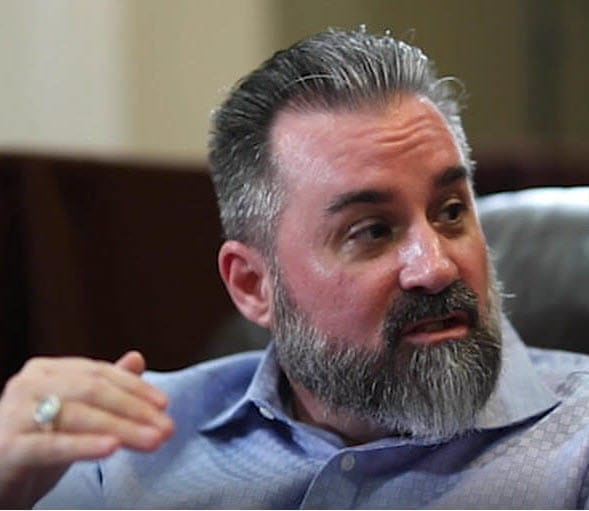
Chris Daniel, just a servant of Christ calling others to be ready. Like the Bereans, I try to examine Scripture daily to see if what I hear is true. If you're struggling to live as we're called, you're still in the fight. Don't give up.
Category 2 - Christian Apologetics

Category 3 - Bible Study

Category 4 - Theology


"Most middle-class Americans tend to worship their work, work at their play, and play at their worship. As a result, their meanings and values are distorted. Their relationships disintegrate faster than they can keep them in repair. Their lifestyles resembles a cast of characters in search of a plot." - Gordon Dahl
"The Bible is a reliable collection of historical documents written down by eyewitnesses during the lifetime of other eyewitnesses that report supernatural events that took place in fulfillment of specific prophecies and claimed their writings were divine rather than human in origin."
- Dr. Voddie Baucham on 2 Peter 1
